5 ways to get rid of paint smell – options from the pros
Getting rid of the distinctive smell of paint isn’t easy, but there are a few tricks you can employ to get the job done…
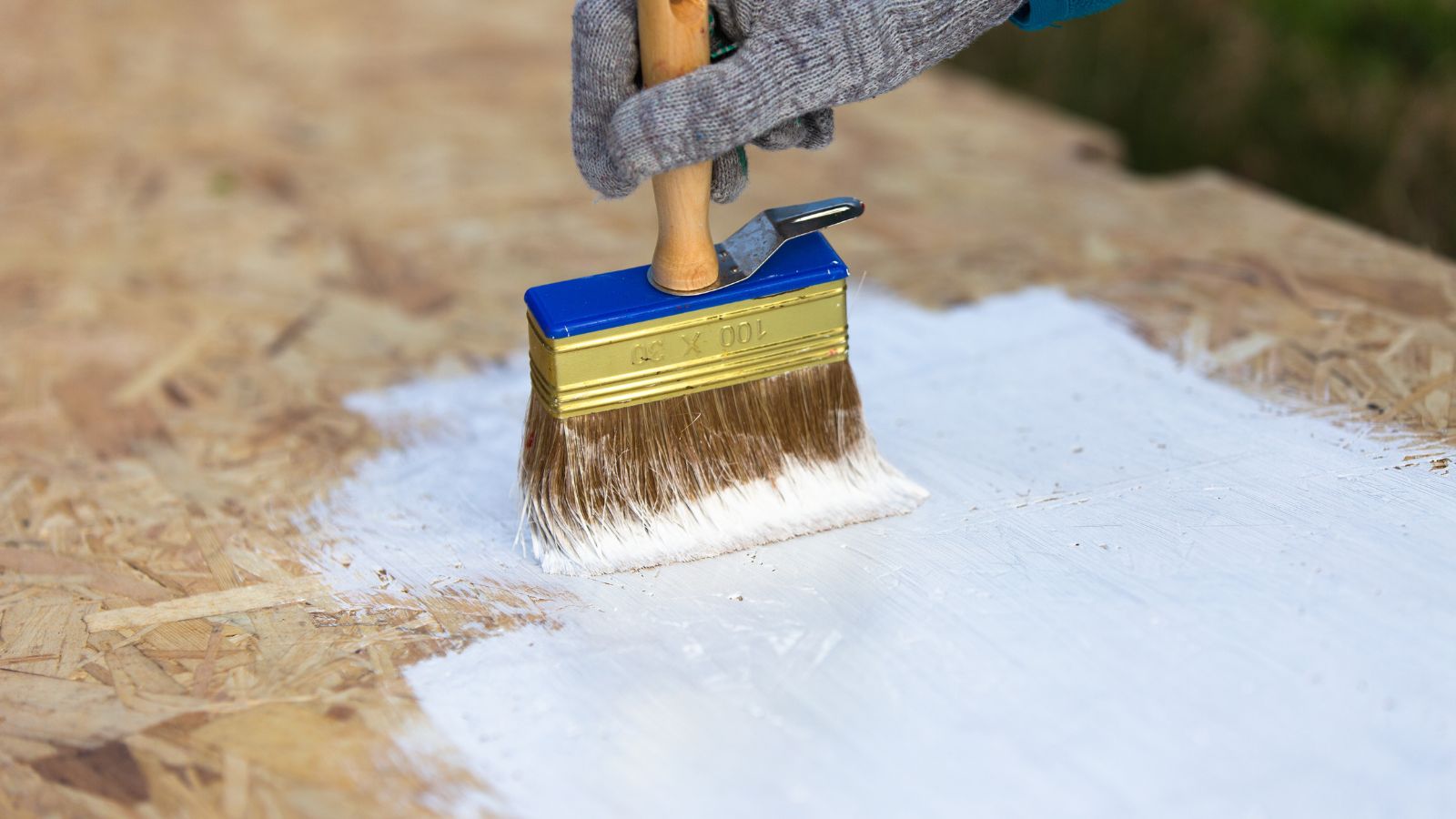
When decorating a room, the ultra-distinctive smell of paint usually lingers much longer than we’d like. And while that pungent scent is pretty much initially unavoidable if you’re painting a room, there are a few clever ways to lessen it or reduce how long it hangs around in your home.
The chemical smell that accompanies a redecoration is, unfortunately, a necessary component of painting. Paint expert Monica Guarnaschelli, owner of Indigomaven Interiors, explained that: 'Paint smell has historically been a necessary by-product of paint's curing process. The chemicals that keep paint in liquid form in the can then evaporate when the paint is applied, allowing the paint to harden on your walls, cabinets, or furniture.'
At the most, the strong smell of paint should only last in your home for up to a week. That said, some of us are particularly sensitive to the scent – and it’s not ideal if you have young children, pets or spend a lot of time at home. So if you’re wondering how to get rid of that paint smell as soon as possible, there are a couple of ways to speed the process up, according to the experts.
5 ways to get rid of paint smell
1. Ventilation, ventilation, ventilation
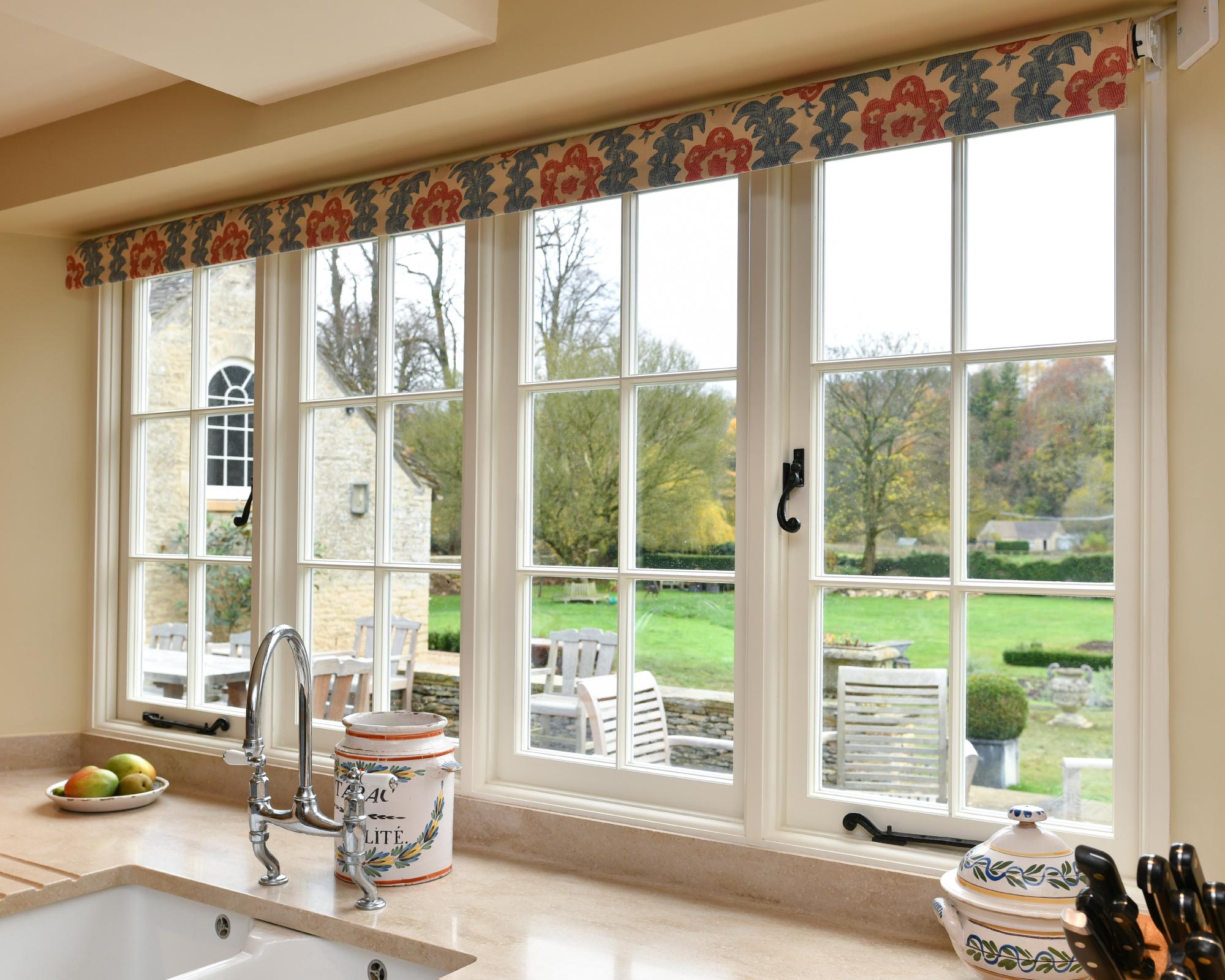
If you want to dissipate any smell, ventilating your home as much as you can is always a great solution – and the same applies to paint smells.
During and immediately after painting, throw open as many doors and windows as you can. Open interior doors within your home and crack open windows in other rooms too, to get a flow of air throughout your property. This is also a great way to get paint to dry faster.
Monica advised, 'If the outdoor temperature allows, crack your windows to aid in allowing the odor to dissipate. But remember, you don't want the room's temperature to dip below or above the recommended range (your paint pot should state this), as that will only prolong the curing time of your paint, and possibly impact your application quality.'
So if you are painting in freezing temperatures and don’t want to – or can't – open windows, there is another solution. 'We all know opening windows is crucial for any indoor painting project – however, not many people use fans,' Michael Rolland, DIY expert and MD at The Paint Shed, revealed. 'Set your fan up in a way where it encourages the paint vapors to leave the room (e.g. towards open doors), and this will remove the paint smell at a much faster rate.'

Monica is the owner of Indigomaven Interiors, a residential and commercial interior design firm in Louisville, KY. As a designer and former home flipper, she has extensive experience on smart paint selection and application.
2. Use low or zero-VOC paints if possible
One simple way to get rid of, or reduce the smell of paint, is to opt for low-VOC paints in the first instance.
'Volatile organic compounds (VOCs) are chemicals present in some paints that contribute to the strong paint smell. Opt for low-VOC or zero-VOC paints, as they have reduced levels of these chemicals, and emit fewer odors,' Jordan Woolf, CEO of We Buy Houses In Bama, explained. 'When shopping, look for paint products labeled as low-VOC or zero-VOC.'
Thankfully, Monica explains that you won’t be sacrificing any quality if you do so. 'Paint technology has come a long way in recent years and environmentally friendly/health conscious paints are becoming more of the norm. You should expect to pay a bit more, but you’re generally no longer sacrificing paint performance.'
In fact, you might find that a selection of products from many of your favorite paint manufacturers are already low-VOC, anyway. Farrow & Ball, for example, explain that 'all of our Emulsion paints are classed as Trace VOC (Volatile Organic Compounds) which is the lowest rating currently possible.'
3. Use something to absorb the smell
One clever trick for getting rid of paint smells is to place something that can absorb the odor inside the recently-decorated room, or close to the newly-decorated piece of furniture.
Jordan suggested, 'Consider using one of the best air purifiers, or placing activated charcoal in the painted area. These can both help to absorb odors, and improve indoor air quality after painting.'
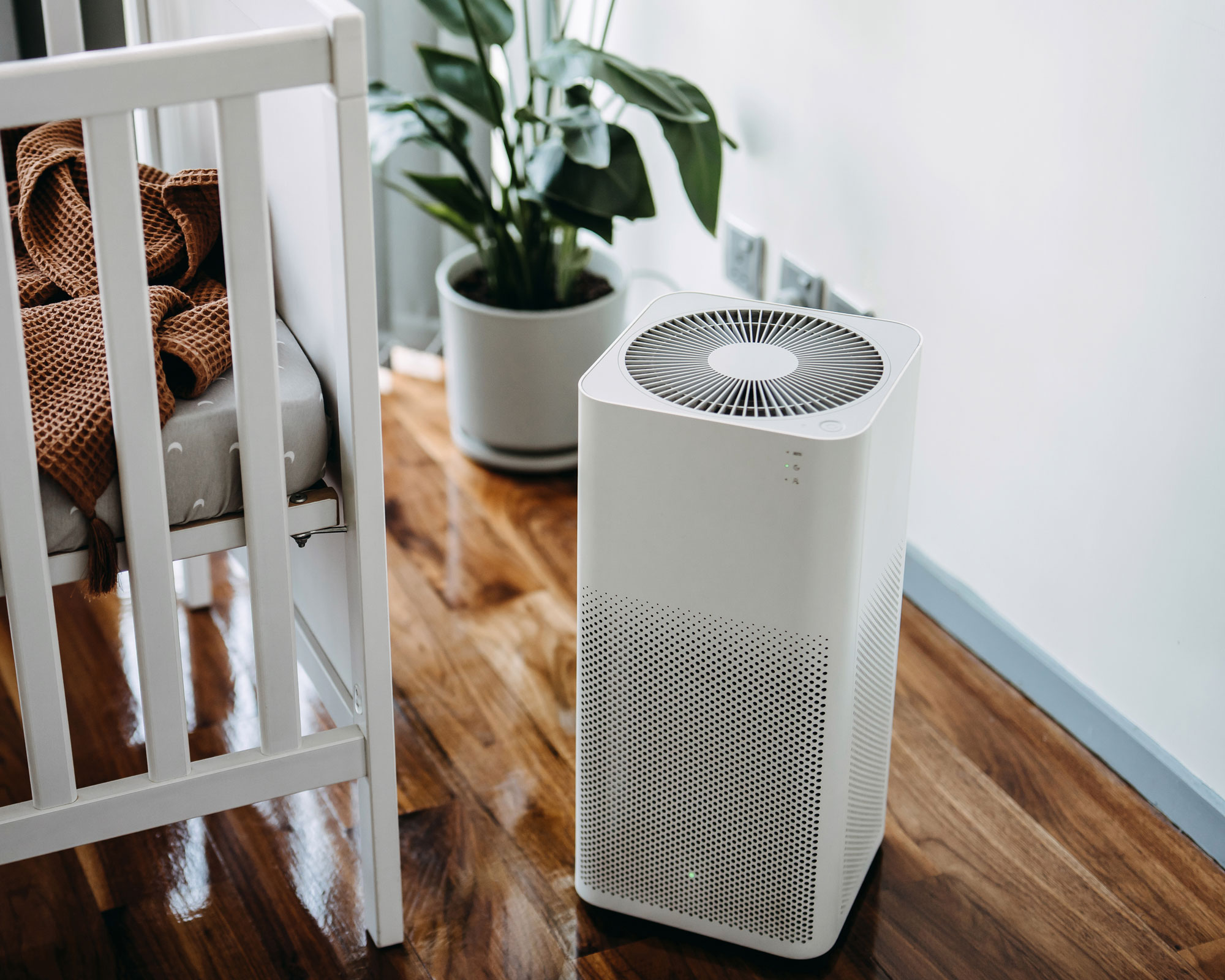
A number of other magic ingredients can also absorb smells, so it could also be worth giving these a try if you have them to hand. Michael said, "If you can’t get activated charcoal, place a few buckets of water in the room you have painted for 24 hours after. The water should absorb some of the paint vapors, ultimately reducing that paint smell.
'Or, similarly, place a bowl of baking soda in the middle of your room and leave it for a day. The baking soda should also have absorbed some of the paint vapor, reducing the odor.' Coffee grounds can, again, have a similar effect – although be aware that your room may smell of coffee instead!
However, if you decide against this option, there are some classic ways to mask the smell, rather than absorb it. Matt Kunz, President of Five Star Painting said, 'Lighting a scented candle can help mask the paint odor, making it less noticeable. Of course, it’s important to make sure to never leave a burning candle unattended, though.'
You'll want to avoid the hack of adding essential oils to your paint to lessen the smell, however. Monica explained, 'Anything added to the paint (outside of your standard pigment) can compromise the formula’s integrity and likely void your warranty. If you must have something to mask the smell, we suggest dabbing your favorite essential oil on a cotton ball and placing it in the painted room on a plate.'

Matt Kunz is the President of Five Star Painting (a Neighborly company), an interior/exterior painting franchise in the U.S.
4. Use a cleaning solution on your walls
In a similar vein, you can also use vinegar to clean your walls once the paint has dried, which should help to lessen the smell. Don't do this as the walls are drying though!
'Using a cleaning solution, like vinegar or ammonia mixed with a little bit of water, to wash down the walls can eliminate paint smells,' Matt said. 'This is because vinegar and ammonia are powerful odor neutralizers, and will leave the air fresh and clean.'
For this method, it's advised that you use 1/2 cup of vinegar and two cups of water. If you're nervous, spot-test the solution on a small, hidden area of the wall first.
'Semi-gloss and glossy enamel paints hold up best during cleaning, but if you’re worried about the risk of color fading, it’s always best to try a test spot first,' Matt said. 'Gently scrub a designated test spot with your chosen cleaning solution, and let that part of the wall dry. If you notice any smudging or color fading, stop immediately. If the spot is clean, continue to rub the remainder of the wall in gentle, circular motions.'
5. Avoid using a room for 24 hours after painting
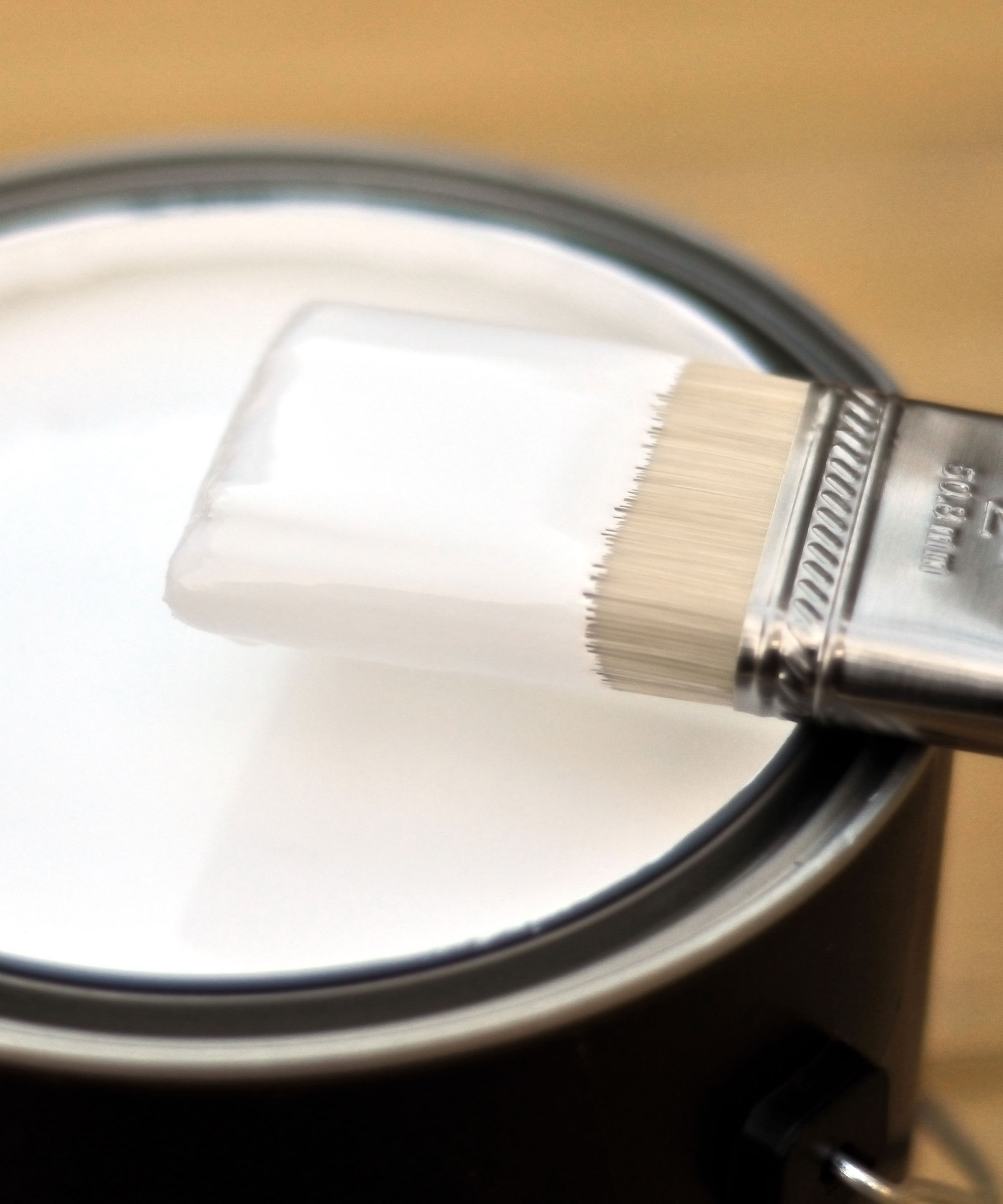
Sometimes, there’s nothing else for it than to avoid your home entirely in order to dodge the smell of paint fumes. In fact, this is usually the best option for those who are especially bothered by the scent.
'The first 24 hours after painting are the most severe from a VOC exposure perspective, so we often advise booking an Airbnb or hotel and enjoying a little staycation, or staying with friends or family members while the paint dries and smells linger,' Monica said. 'Keep in mind a good paint job will involve multiple coats, so plan your getaway accordingly.
'And often primers – a critical step in some situations (see how many coats of primer you should need) – smell the most intense, so if you're pressed for time, plan to stay away at the beginning of a job.'
FAQs
Is the smell of paint bad for your health?
Though unpleasant, is there any actual risk to our health when breathing in smelly paint fumes? Unfortunately, yes – according to Jordan, it can be damaging.
'The smell of paint can be harmful or damaging to our health, particularly if the paint contains high levels of volatile organic compounds.
'VOCs can, for example, cause headaches, dizziness, and irritation to the eyes, nose, and throat. Prolonged exposure to high levels of VOCs can even lead to more serious health issues.'
So how long can paint fumes be a risk to our health? 'Paint fumes can be harmful while they are being applied and for several hours to a few days after application, depending on the type of paint used and the ventilation in the area,' Jordan explained. 'As such, the risk of experiencing symptoms or health issues decreases as the paint dries and the VOCs dissipate.'
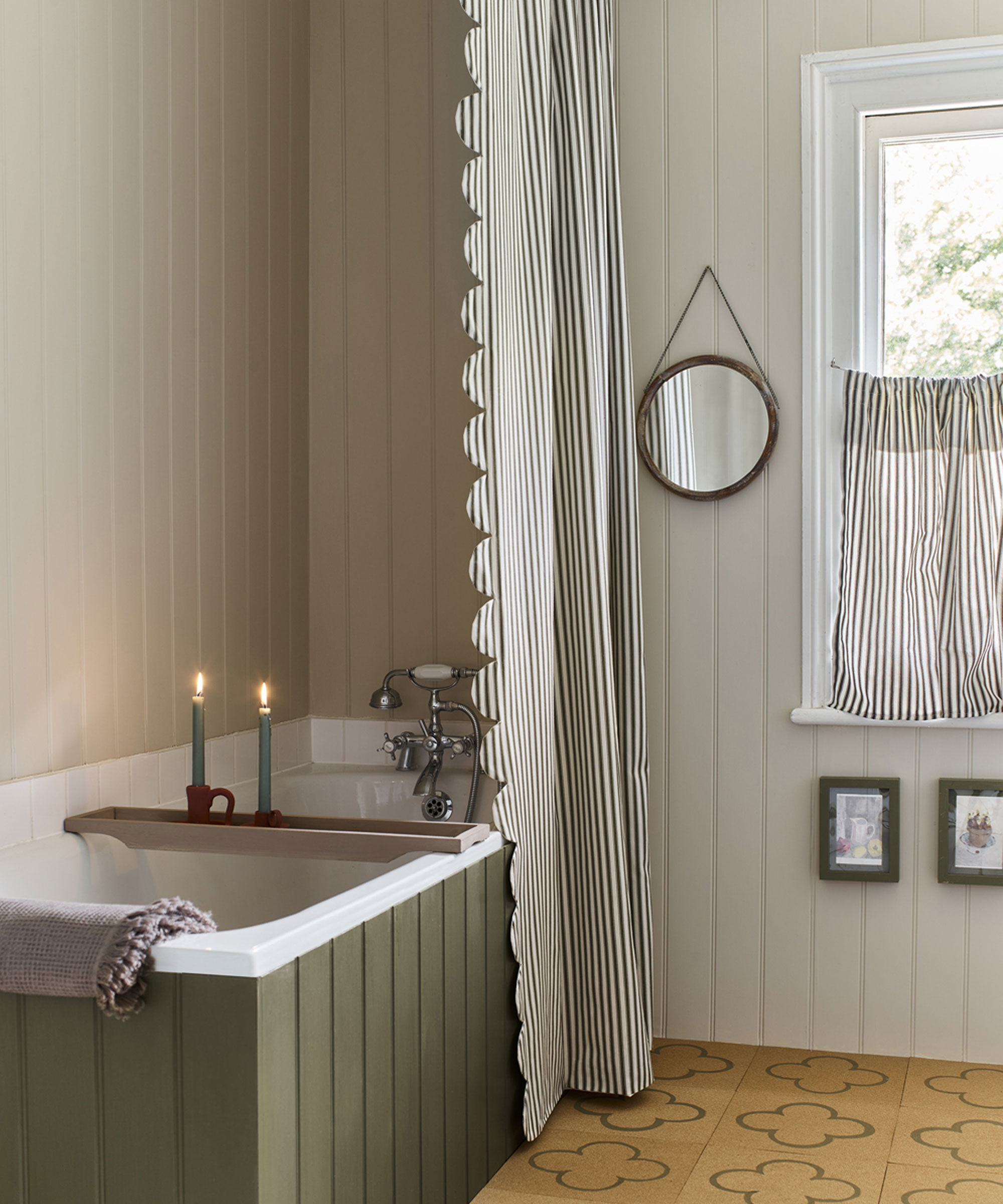
How long does it take for a room to stop smelling of paint?
'How long paint smells after painting a room can vary depending on different factors, such as the type of paint that was used, the ventilation of the room, the size of the room, etc.,' Matt explained.
'But in general, the smell of paint can last anywhere from a few hours up to several days, which is why it is important to take steps to minimize the smell before, during and after painting.'
There are some instances where the smell may last a little longer, however. 'For paints with higher levels of VOCs, the smell can linger for a few weeks,' Jordan said. 'Ensuring proper ventilation and using methods like the above can help speed up the process of reducing these paint smells.'
If you're particularly worried about paint smells hanging around – whether you're planning how to paint doors, or how to paint baseboards – there are some steps you can take to lessen the initial scent. Kerry Sherin, consumer advocate at Ownerly suggested painting one room at a time, as well as sealing all paint pots properly.
'Painting in stages or focusing on one area at a time can help keep the paint smell from getting too strong in the first place. Also, be sure to properly seal and store any unused paint containers.
'Consider shifting the paint to smaller airtight containers to reduce contact between the paint and air – this will reduce the emission of paint fumes and keep the space as odor-free as possible.'
Sign up to the Homes & Gardens newsletter
Design expertise in your inbox – from inspiring decorating ideas and beautiful celebrity homes to practical gardening advice and shopping round-ups.
Amy Hunt is a freelance lifestyle writer and editor primarily covering homes and interiors, wellness, travel and careers. She was previously Lifestyle Editor at woman&home, commissioning and editing the homes, books and features sections of the website,
In 2019, she won the AOP Digital Journalist of the Year Award, for her work on womanandhome.com. Having worked in the industry for over eight years, she has contributed to a range of publications including Ideal Home, Livingetc, T3,Goodto, Woman, Woman’s Own, and Red magazine.
-
 Elton John's home fragrance collection is 'a tribute to the optimism and beauty that spring brings' – and it's under $45 to scent your home this April
Elton John's home fragrance collection is 'a tribute to the optimism and beauty that spring brings' – and it's under $45 to scent your home this AprilSlatkin + Co. teamed up with Elton John to create a home scent inspired by his historic Woodside Estate – they're beautiful, affordable, and selling quickly
By Sophie Edwards
-
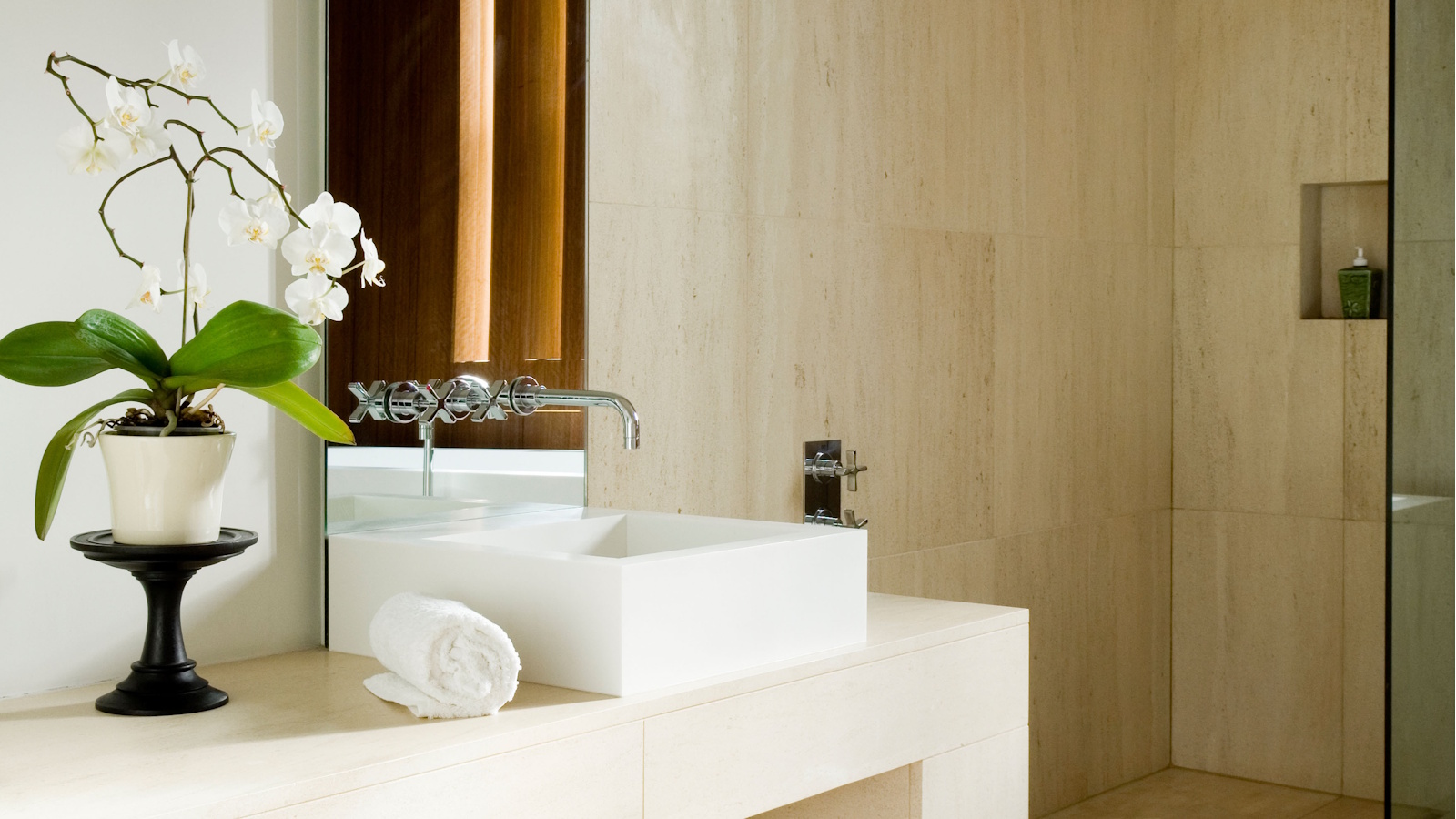 My orchid's leaves haven't wrinkled since moving it to this exact spot in my home – it's the easiest hack to keep these flowering houseplants hydrated
My orchid's leaves haven't wrinkled since moving it to this exact spot in my home – it's the easiest hack to keep these flowering houseplants hydratedDehydrated orchids can perk up again in the environment of a bathroom
By Tenielle Jordison